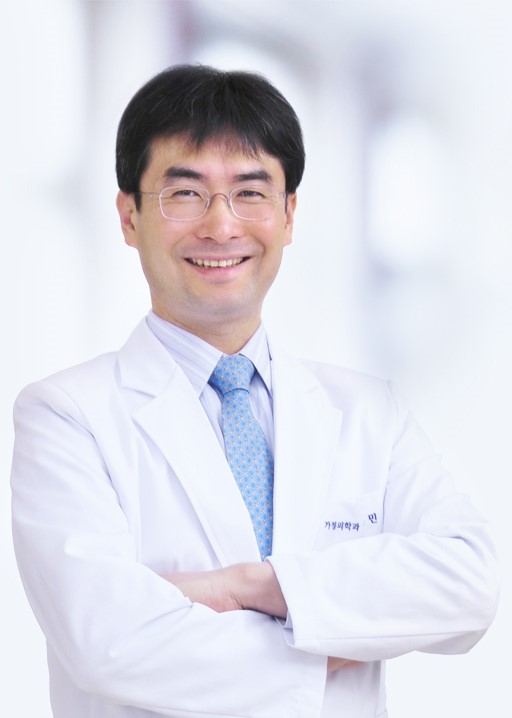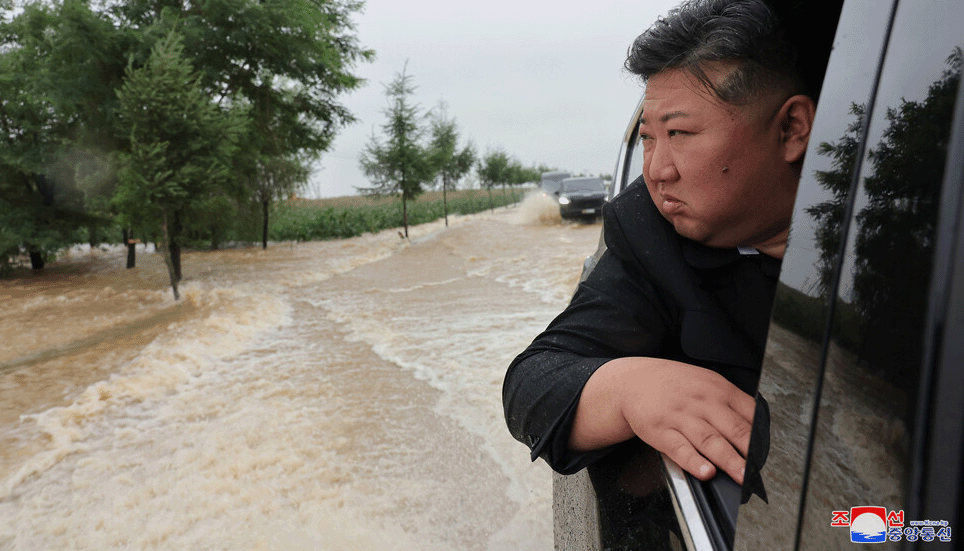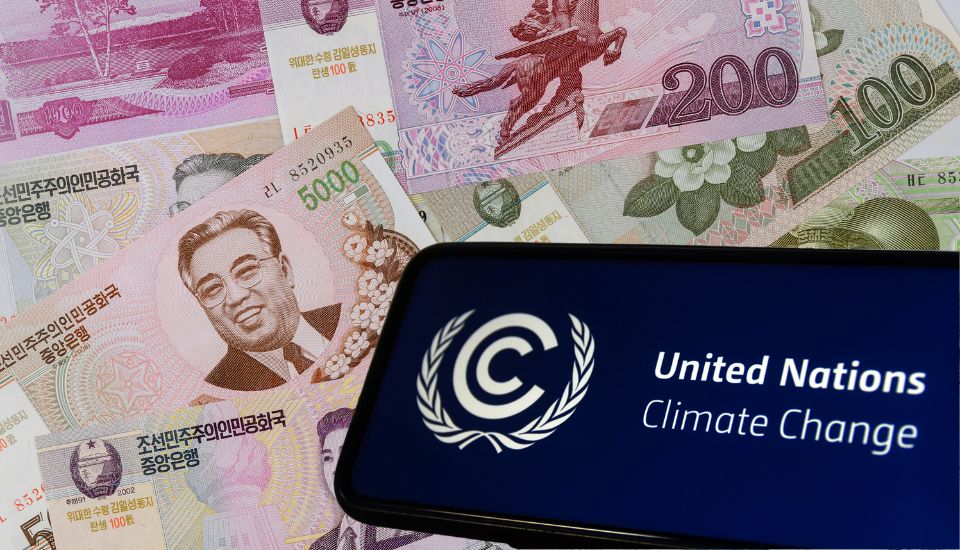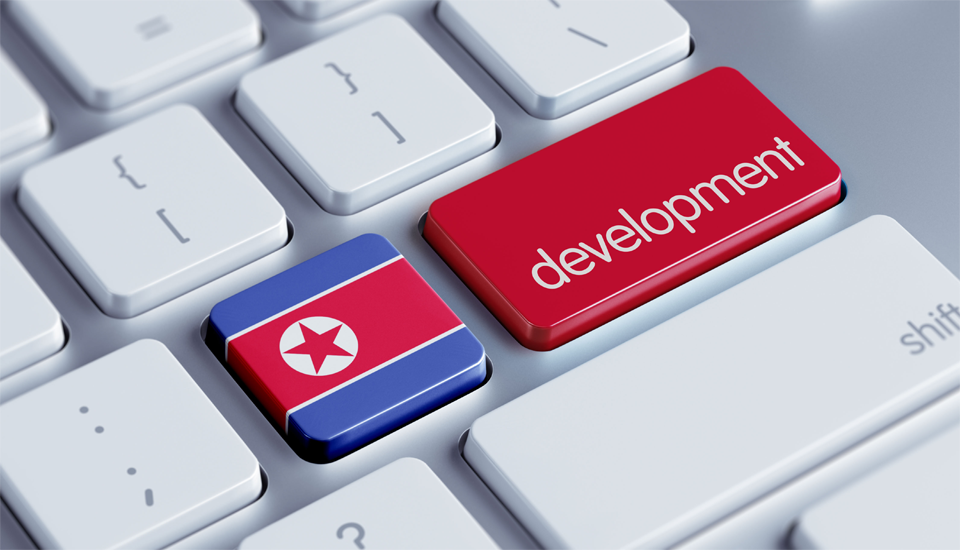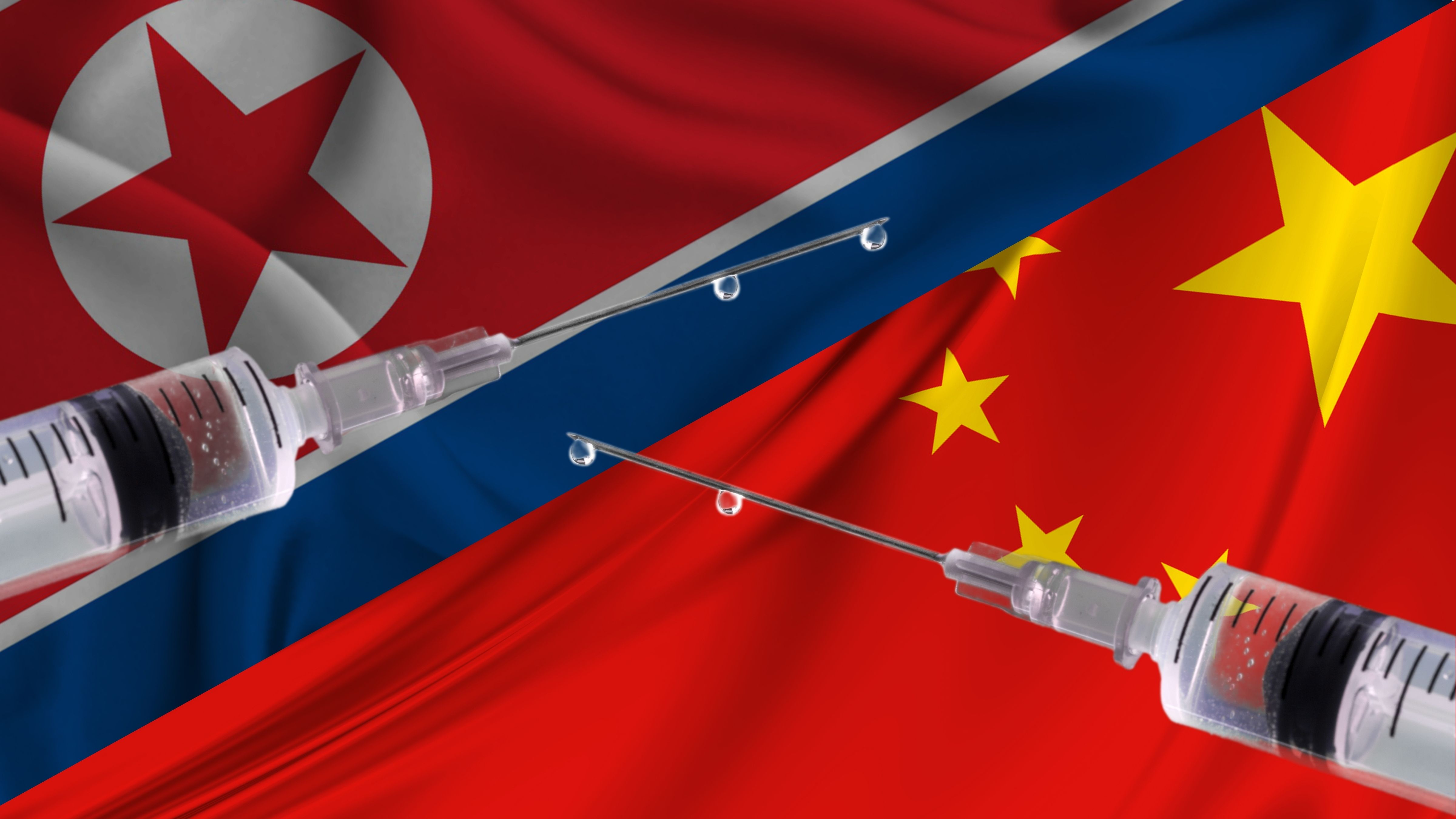The concept of the right to health and the right to life, which highlights human rights in health and life, is easily accepted. On the other hand, health security, which combines health and life with a security perspective, is a relatively unfamiliar concept. However, the pandemic crisis has made us recognize that health security is a very important realm in protecting people's lives. The most important aspect of health security is containing and controlling the spread of infectious diseases. Health security is also an important factor to consider when allocating budget for international relations and development assistance. Global Health Initiatives (GHIs), which were formed for health-related UN Millennium Goals in the early 2000s, are mostly related to infectious diseases. In particular, countries provide contributions according to their economic level to the Global Alliance for Vaccines and Immunization (GAVI), which leads the global efforts for the immunization of infants and children, and the Global Fund, which works for the eradication of AIDS, malaria, and tuberculosis. Developed countries do not make these contributions only for humanitarian reasons. When the U.K. government allocates its budget to international organizations, it considers two aspects: the strengths of the organization and the impact of the project on the UK's national interest. When it comes to coinciding with national interest, the Global Vaccine Alliance (GAVI) and the Global Fund have been highly rated because what the organizations do is directly linked to controlling infectious diseases, a health security aspect.
International Organizations related to Health Security as Major Channels for Health and Medical Assistance to North Korea
Health security is even more important to North Korea as it is directly related to regime stability, and the international organizations related to health security are major channels for it to receive health and medical resources from the global community. North Korea, which has been isolated from the international community, has experienced great difficulties in receiving health and medical assistance. In particular, after the UN Security Council strengthened their sanctions against North Korea in 2017, most aid to North Korea has been blocked except for humanitarian aid. Due to this situation, North Korea has become increasingly dependent for health care funds on multilateral organizations such as the Global Fund and the GAVI, who work on controlling specific infectious diseases. However, the financial structure that is excessively reliant on certain multilateral organizations for health care funding is inevitably extremely sensitive to external changes. After the Global Fund, which played a pivotal role in tuberculosis eradication programs in North Korea, halted its assistance in February 2018, North Korea is facing a crisis in tuberculosis management. The Global Fund has provided a total of 115 billion KRW to North Korea since 2010. In 2017, an official of the Global Fund pointed out that the total amount donated by the South Korean government is a mere third of the amount that the Global Fund has provided to North Korea, calling for the increase of its contribution. As fundraising and execution are officially separated in the Global Fund and GAVI, a donor country is not allowed to designate its contribution to a specific project of a country. So, South Korea’s contributions to these organizations cannot be sourced from the Inter-Korean Cooperation Fund under the Ministry of Unification. However, it is assumed that when these two organizations consult with the Ministry of Foreign Affairs of South Korea, they present the amount of aid needed for North Korea and make an unofficial request for the South Korean government to contribute the corresponding amount. In 2018, the Global Fund decided to suspend its assistance for tuberculosis programs in North Korea for the reason that the agency was not convinced of the distribution and effectiveness of aid to North Korea and that it was difficult to persuade its board of directors and donor countries. After South Korea decided to double its contributions to the Global Fund from 2019, the agency resumed its support for North Korea's tuberculosis and malaria programs in January 2020. These cases show that North Korea is in a very vulnerable situation where it has to heavily rely on some organizations for its management on infectious diseases, and suggest that it is very important for South Korea to maintain its direct and indirect financial support that can contribute to North Korea's health and medical care through various multilateral organizations even amidst difficulties in inter-Korean exchange and cooperation.
Preparing for the post-COVID-19 era, South and North Korea can work together first on building a ‘Life-Health Community on the Korean Peninsula’. There is an urgent need to build a sustainable and horizontal cooperation model for the important values of health security and the right to life by employing synergy from both Koreas. If these new efforts enable experts and industries of both Koreas to jointly engage in research, development, and production in one location at the border, a meaningful milestone for sustainable and horizontal inter-Korean cooperation will be set. Under the systematic coordination of the horizontal axis connecting R&D-clinical-industry and the vertical axis representing the concept of One Health of Human-Animal-Plant-Environment, both Koreas should work together for health security from the planning stage, cooperate in crises regarding health security and jointly develop science and medical research on the Korean Peninsula, based on the 'win-win' principle. The Life and Healthcare Complex, which will consist of the Institute of Biomedical Sciences, One Health Hospital, and the Industrial Complex, is a model that can contribute to strengthening international cooperation in the long term through the involvement of not only the two Koreas, but also neighboring countries in Northeast Asia, international organizations and the private sector. Since such a complex should be built where people from both sides can visit and work together, the DMZ or other nearby border areas may be suitable. Applying the immigration system of international airports to southern and northern zones in the border area and building a transportation system such as trams or high-speed roads will promote regulated manpower exchange within the complex as per its purpose.
Life-Health Community on the Korean Peninsula
There is still a long way to go before these new exchanges and cooperation measures can be realized. Still, inter-Korean relations have remained stalled, and numerous challenges including sanctions against North Korea exist. These obstacles can be overcome if multidisciplinary experts and relevant government agencies closely identify the issues, develop solutions together and draw cooperation and support from the international community. These are the tasks we have to deal with to build a life-health community on the Korean peninsula.■
■ Sang-Min Park is professor at College of Medicine at Seoul National University. He is also vice director of InstituteSang-Min Park for Health and Unification Studies at Seoul National University.
■ Typeset by Kwang-min Pyo Senior Researcher
For inquiries: 02 2277 1683 (ext. 203) | ppiokm@eai.or.kr
